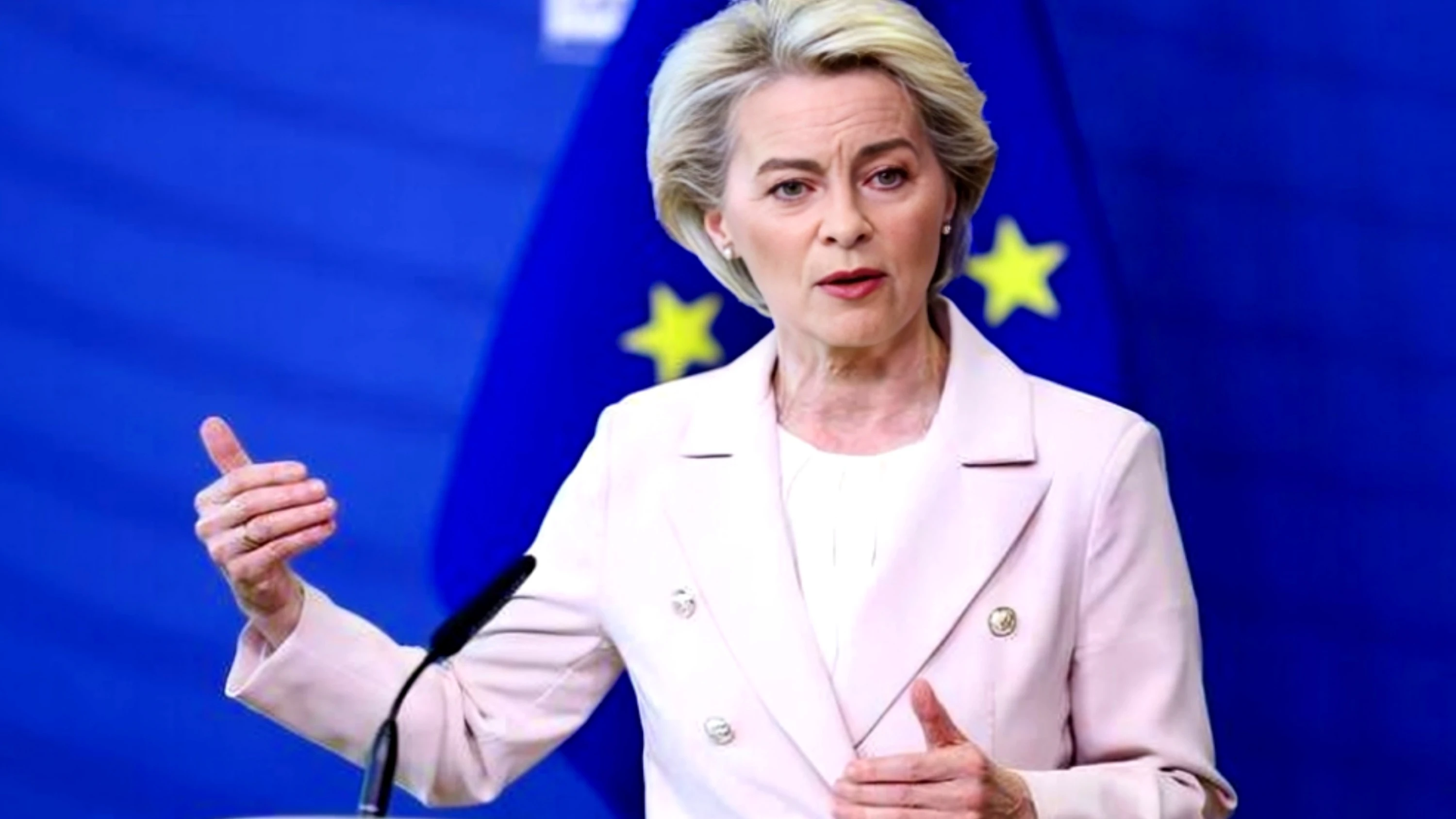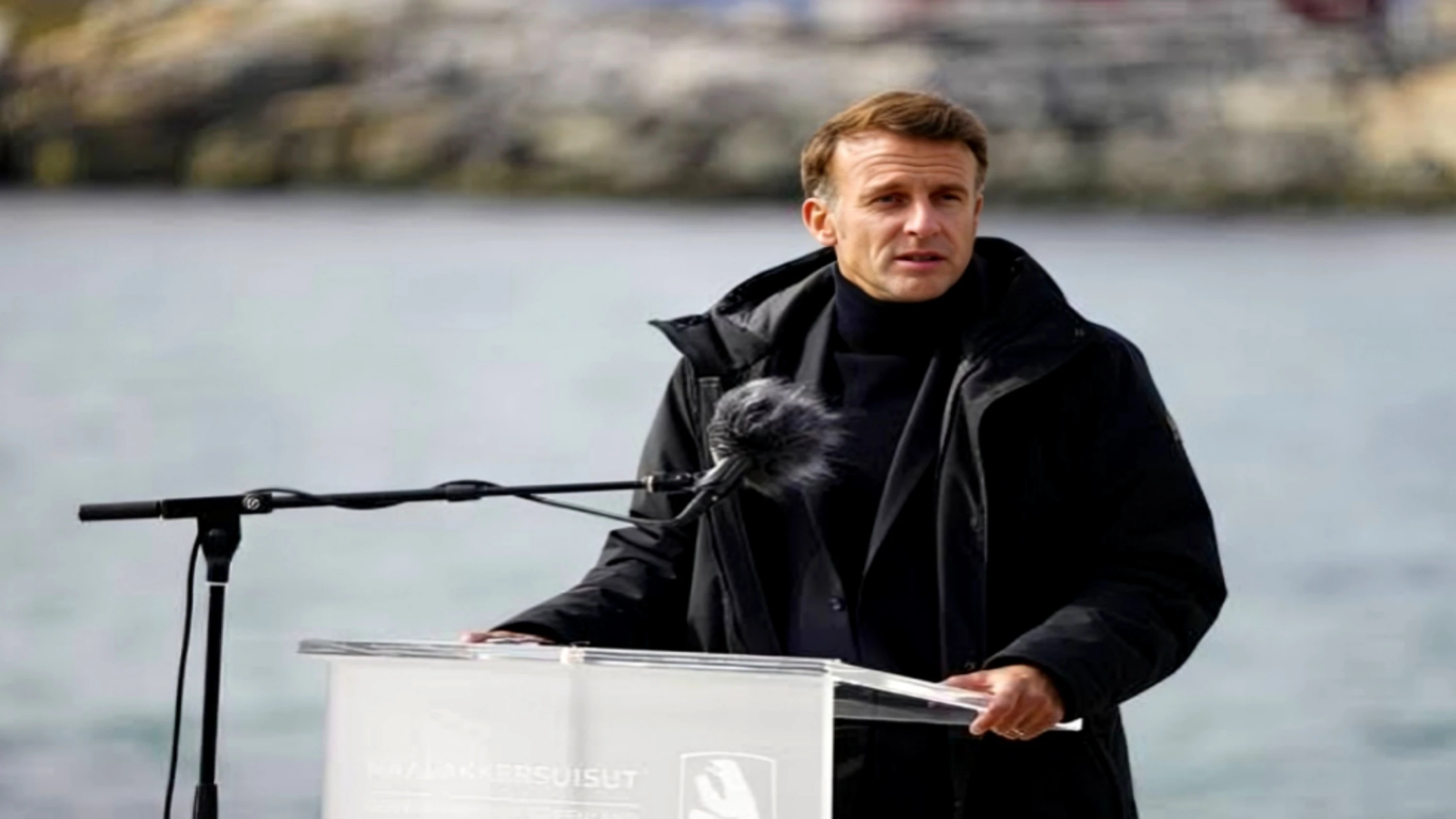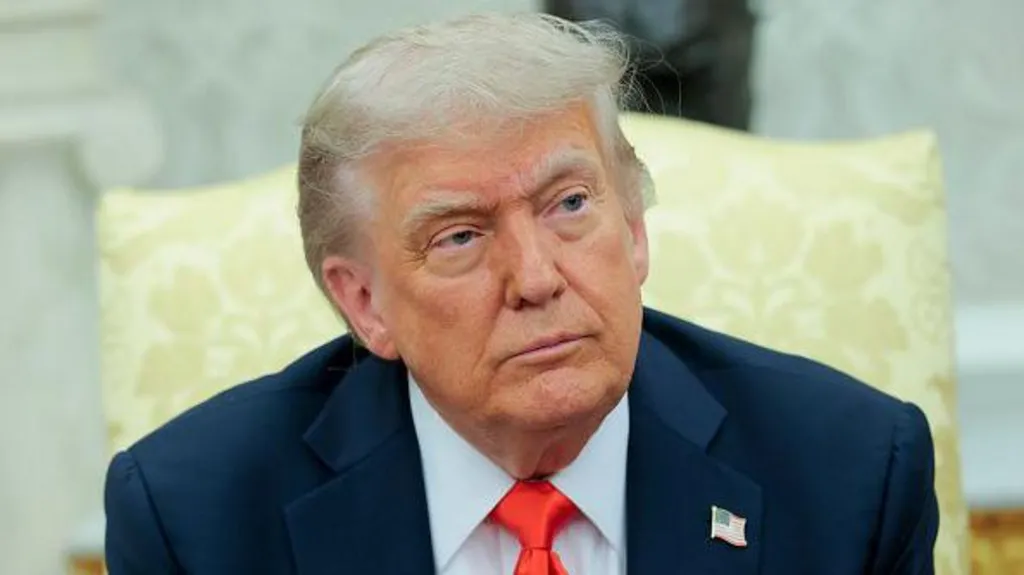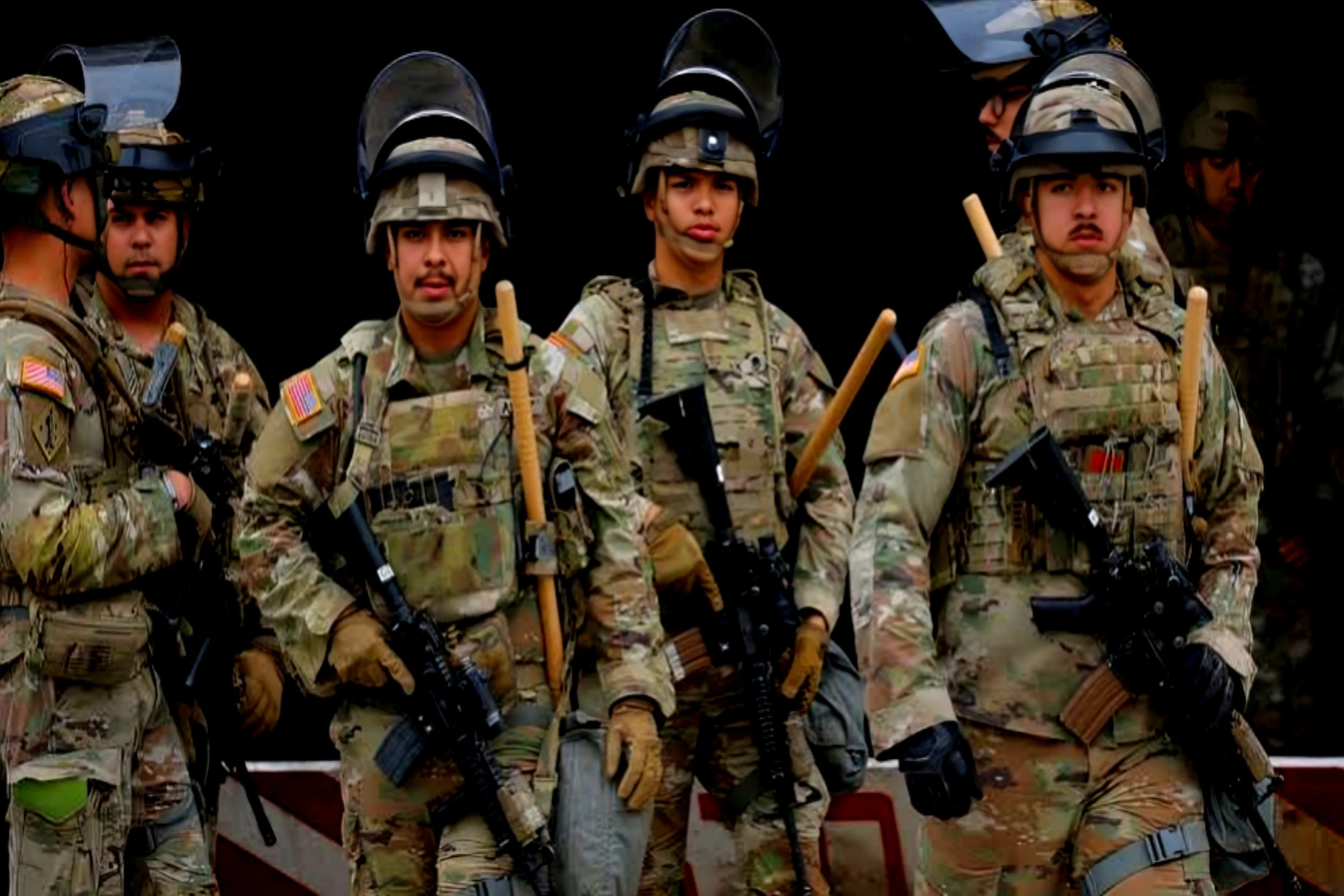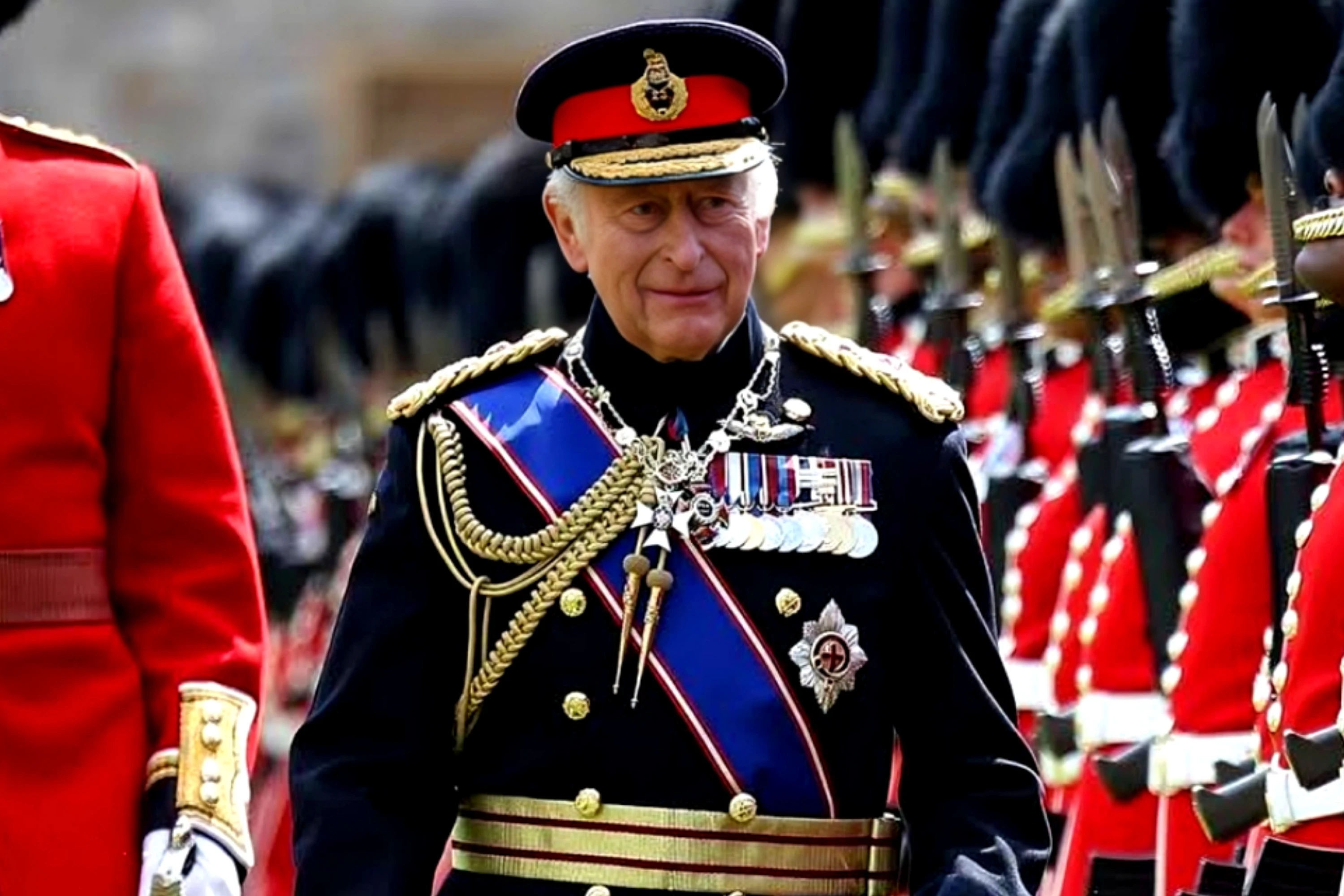Brussels: The European Union has voiced strong disapproval of new US sanctions targeting four judges from the International Criminal Court (ICC), following American accusations that the court is engaging in politically motivated actions against the United States and its allies.
On Thursday, US Secretary of State Marco Rubio announced punitive measures against ICC judges allegedly involved in what Washington described as “illegitimate and baseless” legal moves, including the court's decision to issue an arrest warrant for Israeli Prime Minister Benjamin Netanyahu and its earlier probe into possible war crimes by US forces in Afghanistan.
Reacting on Friday, European Commission President Ursula von der Leyen expressed the bloc’s “deep regret” over the US decision and reiterated the EU’s unwavering support for the Hague-based court.
“The ICC is essential in ensuring accountability for the gravest international crimes and giving victims a platform for justice,” von der Leyen stated on X. “It must be allowed to carry out its mandate independently, without external interference.”
UN High Commissioner for Human Rights Volker Turk also criticized the move, warning that penalizing judges for performing their legal duties undermines the rule of law. “Such actions contradict the core principles of justice and good governance,” Turk said, urging the United States to reverse its sanctions.
European Council President Antonio Costa echoed these concerns, calling the ICC “a cornerstone of international justice” and emphasizing the need to uphold its integrity and autonomy.
Among those targeted by the US sanctions are Judges Solomy Balungi Bossa (Uganda), Luz del Carmen Ibanez Carranza (Peru), Reine Alapini-Gansou (Benin), and Beti Hohler (Slovenia). Their inclusion on the US Treasury’s sanctions list means any assets held in the US will be frozen, and their financial access may be severely restricted globally due to the use of US-linked financial screening systems.
The Slovenian government strongly opposed the blacklisting of one of its nationals and called for the EU to invoke its “blocking statute” — a legal mechanism that forbids European companies from complying with certain extraterritorial US sanctions. In the past, the statute was employed to counter American restrictions on trade with Cuba and Iran.
“This is a matter of protecting the independence of judicial institutions,” Slovenia’s Foreign Ministry stated, while proposing immediate activation of the EU legal safeguards.
The sanctions come amid growing tensions between Washington and international judicial bodies. President Donald Trump, now in his second term after returning to office in January, has taken a hardline stance against the ICC. Earlier in his presidency, Trump issued an executive order threatening sanctions against anyone cooperating with ICC probes — a move critics say risks silencing witnesses and obstructing international justice.
Defending the latest measures, Trump claimed that the ICC's arrest warrants for Netanyahu and former Israeli Defense Minister Yoav Gallant were politically driven. He maintained that both the US and Israel are robust democracies committed to the laws of war, and accused the court of endangering military personnel with “unwarranted harassment and potential detention.”



